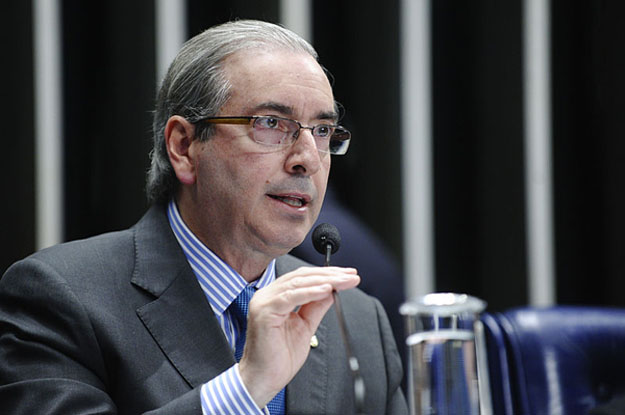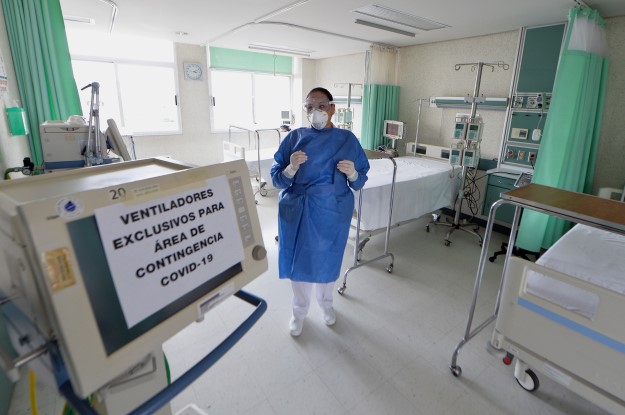Sign up here to get This Week in Latin America delivered to your inbox every Monday.
Brazil’s New Speaker: Brazil’s lower house will elect a new speaker on Wednesday, following the tearful resignation of Eduardo Cunha on July 7 amid an ethics investigation. Accused of taking up to $40 million in bribes and lying about an offshore bank account linked to the vast Lava Jato corruption scandal, Cunha was a chief architect behind the removal of President Dilma Rousseff, whose impeachment trial is expected to conclude next month. The next speaker will play a key role in deciding whether Cunha is ousted from the house altogether in a vote anticipated for mid-July, as well as help control the political agenda of interim President Michel Temer, who himself called for Cunha’s successor to be chosen Wednesday to end party bickering over the matter.
Venezuela Mediation: Venezuela’s opposition is willing to enter mediation with the government as soon as Tuesday if the Vatican is included in the talks and a referendum on the president’s mandate is guaranteed to be held. While President Nicolás Maduro has said he would only enter discussions “without conditions,” a small breakthrough appeared Saturday when international mediators led by Spain’s former Prime Minister José Luis Rodríguez Zapatero met separately with both Maduro and the opposition. The National Electoral Council (CNE) has said it will announce by July 26 whether the opposition collected enough valid signatures to move to the next step in the process for holding a recall referendum. Facing a mounting humanitarian crisis, Maduro is also under pressure to release political prisoners such as Leopoldo López, whose appeal hearing last Thursday was postponed.
UN Debate: Latin America’s two candidates to become the next UN Secretary General will participate in a debate on international human rights with other contenders on Tuesday at the UN headquarters in New York. The discussion will be an opportunity for Argentine Foreign Minister Susana Malcorra and Costa Rica’s Christiana Figueres to distinguish themselves from a long list of accomplished candidates. One topic to watch for will be the condition of human rights in Venezuela. Malcorra was expected to attend today’s Mercosur meeting in Montevideo to discuss the handover of the bloc’s rotating presidency to Venezuela, but will be represented by her vice minister instead. Some observers have noted that Malcorra’s candidacy presents a conflict of interest, suggesting that Malcorra has not done enough to criticize Venezuela – a current member of the UN Security Council that will choose the next Secretary General – in an effort to gain the country’s support for her bid.
Peru Human Rights Trial: A landmark sexual violence trial will continue in Peru this Friday with a hearing in the case against 14 former military officers for their alleged sexual violence against at least 11 women in the Huancavelica region of central Peru in 1984, during the country’s internal conflict. The case is the first in Peru in which military officers are prosecuted for crimes against humanity in the form of sexual offenses. Friday’s hearing will determine whether the trial will be heard publicly or privately. Human rights activists are calling for a “swift, just and transparent” trial in a country that they say has a culture of blaming and stigmatizing sexual violence victims. There are over 5,000 registered cases of assault during the conflict. The trial follows a historic ruling in Guatemala earlier this year which convicted two former military officers for systematic rape of indigenous women during that country’s civil war.
Economy in Brief
Peru’s President-elect Pedro Pablo Kuczynski named Fernando Zavala, an economist and beer company executive, as the country’s next Prime Minister.
Argentina will provide a line of credit worth $5 billion for the government’s PROCREAR housing program, which is expected to benefit some 25,000 families.
Transparency International published a report assessing transparency in corporate reporting by multinationals in emerging markets, including in Latin America.








